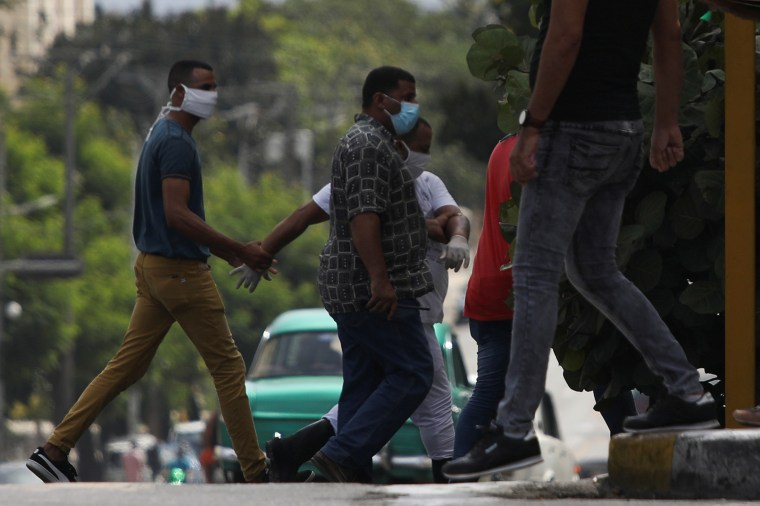Miami, July 2, 2020–Cuban authorities should immediately release journalist Jorge Enrique Rodríguez and stop harassing the independent media, the Committee to Protect Journalists said today.
On June 28, security forces arrested Rodríguez, of the independent news site Diario de Cuba, and took him to the criminal processing center known as ‘Vivac in Havana, according to Mirta Fernández Laffitte, editor-in-chief of Diario de Cuba, who spoke with CPJ over the phone, and news reports. A trial is set for July 7, according to the same sources, but CPJ was unable to determine the specific circumstances of Rodríguez’s arrest or what charges have been filed, if any.
CPJ emailed the National Revolutionary Police and the Ministry of the Interior for comment, but did not receive a response.
Rodríguez’s detention came as Cuban authorities have been cracking down on activists and journalists since the death of an Afro-Cuban man, Hansel Hernández, in a confrontation with police on June 24, according to news reports. On June 30, authorities thwarted a scheduled protest and implemented measures aimed at obstructing any coverage of the matter, including preventing journalists from leaving their homes and cutting their mobile internet access, according to news reports, a Twitter thread by Cuban digital rights project YucaByte, and journalists Abraham Jiménez Enoa and Mónica Baró of the independent digital news magazine El Estornudo, who were both targeted by these measures and communicated with CPJ yesterday via messaging app.
“Cuban authorities must immediately release journalist Jorge Enrique Rodríguez and drop any charges brought against him,” said CPJ Central and South America Program Coordinator Natalie Southwick from New York. “Rodríguez’s detention, and the numerous recent abuses committed against journalists to prevent coverage of the death of an Afro-Cuban man at the hands of police, show that censorship of the press in President Díaz-Canel’s Cuba is alive and well.”
Fernández told CPJ that, in April, security forces interrogated Rodríguez for over two hours and informed him that he was under investigation for allegedly publishing “fake news” (“difusión de noticias falsas”), which is a crime under the country’s penal code that carries prison term of one to four years. Fernández said it was not clear to which information published by Rodríguez they were referring. “We don’t know if they will try him for ‘fake news’ or if they will try to find another common crime, such as disobedience (desacato),” Fernández said. “We don’t know exactly what they want to do with him, but he had been threatened with legal action for his reporting.” Rodríguez has reported for Diario de Cuba on social topics including the effects of COVID–19 on Cubans, according to a CPJ review of his work.
CPJ has documented how security forces bar journalists from leaving their homes to prevent them from covering sensitive issues.
Roberto Quiñones, a journalist for news website CubaNet, is serving a one-year prison sentence for disobedience and resistance, according to CPJ research. Cuba is one of the world’s 10 most censored countries, according to CPJ research.
